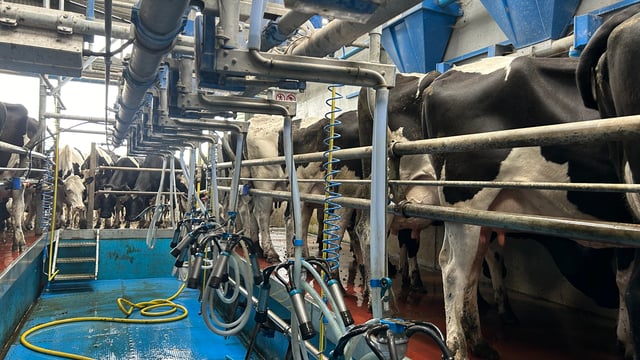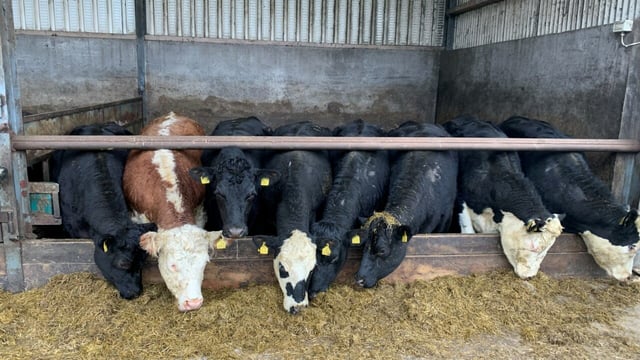FDI: Manufacturing performing well but costs a concern
Food Drink Ireland (FDI), the Ibec group representing the food and drink sector, has said that the food and drink manufacturing sector is performing well, although costs remain a concern among businesses.
FDI has released its Food and Drink Manufacturing Report 2025, titled Appetite for Growth. It is a sectoral extract of the overall Ibec Manufacturing in Ireland report.
There is a broadly positive sentiment in the food and drink sector, with 58% rating the manufacturing environment in Ireland as good or very good, according to the report.
However, this is lower than the 70% positive response rate across all manufacturing sectors in the larger Ibec report. Food and drink manufacturers’ sentiment also weakens slightly when asked about the months ahead.
The most widely expected cost increases will be in the areas of wage growth (76% of respondents); investment in sustainability (76%); the cost of raw materials (76%); investment in digitalisation (62%); and cost of transport (62%).
The largest challenge facing businesses in the sector is cost of labour, where there was a similar response rate to the wider manufacturing sector at 71%.
The next two challenges were much more sector specific - the cost of raw materials (62% compared to 45% for all manufacturers) and the regulatory environment (62% compared to 37% for all manufacturers).
The report also found that food and drink manufacturers are expecting, or planning for, increased export sales (52% of respondents); domestic sales (38%); and profitability (43%) in the months ahead.
Improving profitability remains the single greatest priority, with greater emphasis on developing new markets in 2025 among food and drink enterprises.
52% of food and drink respondents expect an increase in productivity in the coming months. This focus is coupled with 48% of respondents in the sector planning to adopt, or enhance existing, artificial intelligence (AI) initiatives, primarily with a view to enhancing efficiency and productivity.
To coincide with the report, FDI has also outlined a number of priority areas it is asking political parties and independents to focus on in programme for government talks.
These FDI priorities are:
- Help manufacturers develop strong "talent pipelines";
- Reduce energy costs by developing a new national energy and industrial strategy and, in the short term, introduce a significant annual subvention to offset system charges and the Public Service Obligation (PSO) levy;
- Protect companies from rising costs by introducing a PRSI rebate for exposed companies;
- Put "better regulation" back at the centre of policy-making objectives and reduce the overall regulatory burden on business.
Commenting on these demands and the publication of the report, FDI director Paul Kelly said: "Food and drink manufacturing accounts for half of direct expenditure by the entire manufacturing sector in the Irish economy.
"Its extensive regional footprint means it is directly linked to the performance of the whole economy and is also at the heart of the social fabric of rural Ireland. Food and drink exports reached a record value of €17 billion in 2024," Kelly added.
He said that it is "critical" that government policy support the sector in addressing its competitiveness challenges and developing opportunities for future growth".





